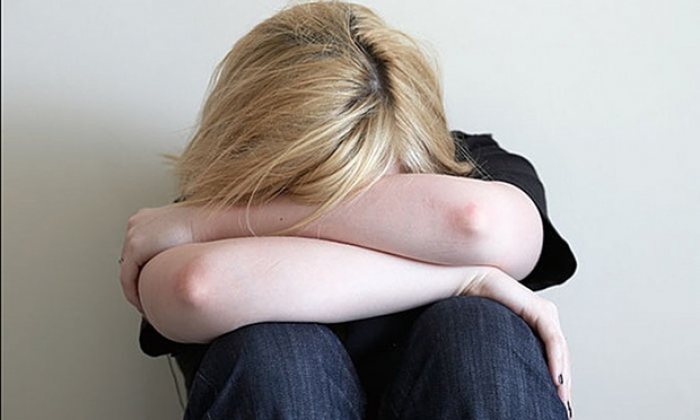Can therapy make you depressed? According to a study by researchers at Sheffield University, talking therapies – hailed for the best part of a decade as the solution to the over-medication of depression and anxiety – can do more harm than good for some patients if they're misapplied, or of poor quality. Well, obviously. Letting someone poke around inside your car or laptop is likely to do more harm than good unless they're properly qualified to fix it; why wouldn't the same apply to a distressed mind? Any treatment offered to vulnerable people should, of course, be subject to scrutiny but it's worth unpacking these results before anyone panics.
Therapy is far from an exact science; it's only in recent years, since the advent of cognitive behavioural therapy (CBT), that the phrase "evidence-based therapies" has entered common parlance. When I first sought help from my GP for depression in 2003, waiting lists for therapy could be a year or more, and the default prescription was antidepressants. Broad anecdotal evidence, as well as my own experience, suggested that these were offered widely on the NHS, often with little chance in a five-minute appointment slot to assess the severity of the patient's problem or their suitability for the drugs. Stories surfaced regularly in the press about certain SSRI (selective serotonin reuptake inhibitors) antidepressants causing addiction or making people suicidal – we were told we were a nation addicted to happy pills that didn't even work, as depression and anxiety grew to epidemic proportions.

